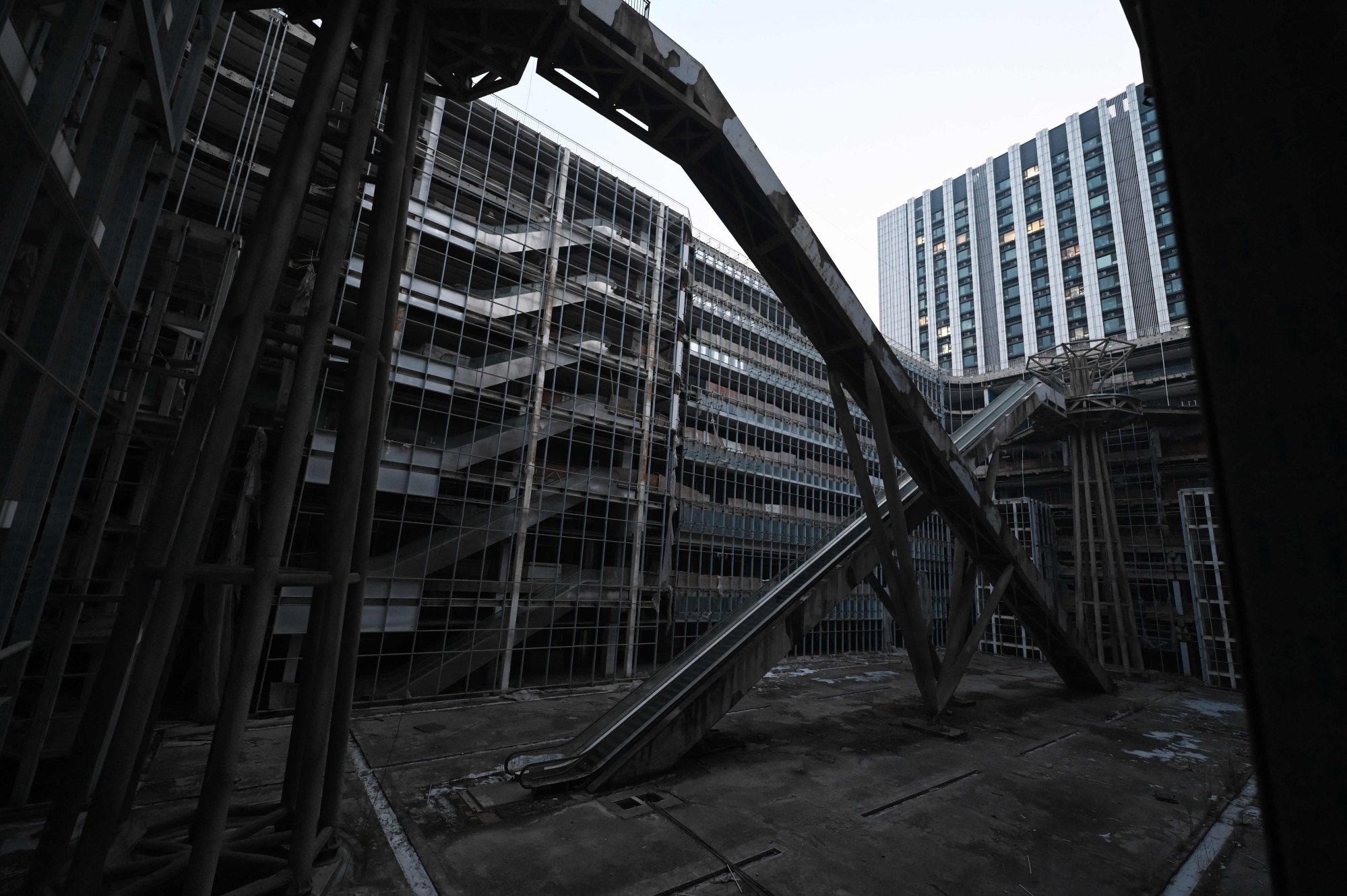
29 Jan What does Evergrande’s liquidation order mean for China’s property sector? Why is the market cheering?
The winding-up order to the Guangzhou-based developer, however, still faces cross-jurisdictional challenges as most of the company’s assets are located in mainland China.

Here’s a look at the market reactions after the liquidation and its implications for the Chinese property sector.
How did the market react to Evergrande’s winding up order?
Trading in shares of Evergrande and its associated companies was halted soon after the judgment, but by then these stocks had already fallen. Evergrande tumbled 21 per cent on the day to 16.3 cents. Shares in its unit Evergrande New Energy Vehicle slumped 18 per cent to 22.9 cents, while its property management arm Evergrande Property Services lost 2.5 per cent to 39 cents.
Shares of other indebted developers such as Country Garden Holdings and Longfor rose amid optimism that Evergrande’s collapse would eemove the industry’s biggest headache and Chinese authorities are now prepared to introduce easing measures in the property sector.
Why offshore creditors will remain nervous about Evergrande liquidation
Why offshore creditors will remain nervous about Evergrande liquidation
In the bond market, embattled Evergrande peers also performed well or remained stable in sharp contrast to the collapse in the developer’s bonds. “It’s quite interesting that bonds of high yield developers including Dalian Wanda, Greenland, and China Southern City, were actually trading up on Monday morning,” said Zerlina Zeng, senior director at CreditSights. “Even in the afternoon, the tone was good.”
What do analysts foresee after the sector’s biggest liquidation, in the context of China property’s recent performance?
The biggest-ever liquidation order on a Hong Kong-listed company came at a time when markets were expecting a stimulus package from Chinese authorities to calm sluggish stocks and stabilise home sales performance.
Analysts said it could inject a dose of reality in future restructuring proposals, with some predicting it could even hasten the process. Here is a sample of views.
Zerlina Zeng, senior director at CreditSights:
We do not expect Evergrande’s liquidation to significantly dent risk sentiment towards China credits, especially investment grade ones. China IG credits and non-defaulted property credits performed well today despite the Evergrande headline, which we think was due to the increasingly supportive macro and property policies.
The liquidation was not a surprise to the market given Evergrande’s creditors had not agreed on the restructuring terms; and the company’s dollar bonds had been trading at 1-2 cents, indicating a minimal recovery rate. Given that most of the company’s assets are onshore, we do not think that offshore bondholders would receive substantial recovery proceeds from the liquidation. In addition, it is unclear whether the Hong Kong court’s liquidation order could be enforced onshore; there has been some mutual recognition of bankruptcy proceedings between Hong Kong and mainland courts, but the enforcement is difficult in practice.
Homebuyers are already avoiding purchasing homes from privately-run developers with weak balance sheets, so Evergrande’s liquidation shouldn’t have much of an incremental impact on homebuyers sentiment. That said, home sales are unlikely to quickly turn around this year as home prices continue declining; for those looking to buy their first homes or upgrade their existing homes, they would likely purchase new projects launched by state-linked developers or from the secondary market. As a result, we expect continued bifurcation between state-linked and privately-run developers in home sales and cash generation.
Kenny Ng, a strategist at Everbright Securities International:
It may further impact the confidence of mainland creditors and increase the difficulty of Evergrande’s restructuring in mainland China. At the same time, this may also affect the current investors’ confidence in the mainland real estate industry and the willingness of mainland residents to purchase properties. This has the potential to dampen sentiment in both the economy and the capital market.
Philip Law, China’s real estate industry leader at Deloitte:
The owners of Chinese property and the creditors in the sector will adopt a more realistic approach to identify the common interest for a scheme of arrangement. But the interest of each Chinese property owner, each creditor, is different, complicating the situation.
The peers of Evergrande might feel some pressure and therefore some stakeholders will take a realistic approach – for example, accept the proposed hair cut, and try to get back as much, and as quickly as possible.
Raymond Cheng, managing director, head of China and HK property at CGS-CIMB Securities:
Evergrande peers will be even more sincere to discuss restructuring details with creditors after the Evergrande verdict, as obviously no one wants to be ordered to liquidate.
I expect most of the other private developers to agree to a plan with key creditors to avoid a court ordered liquidation. Liquidation is the worst consequence and no one wins in such a situation.

